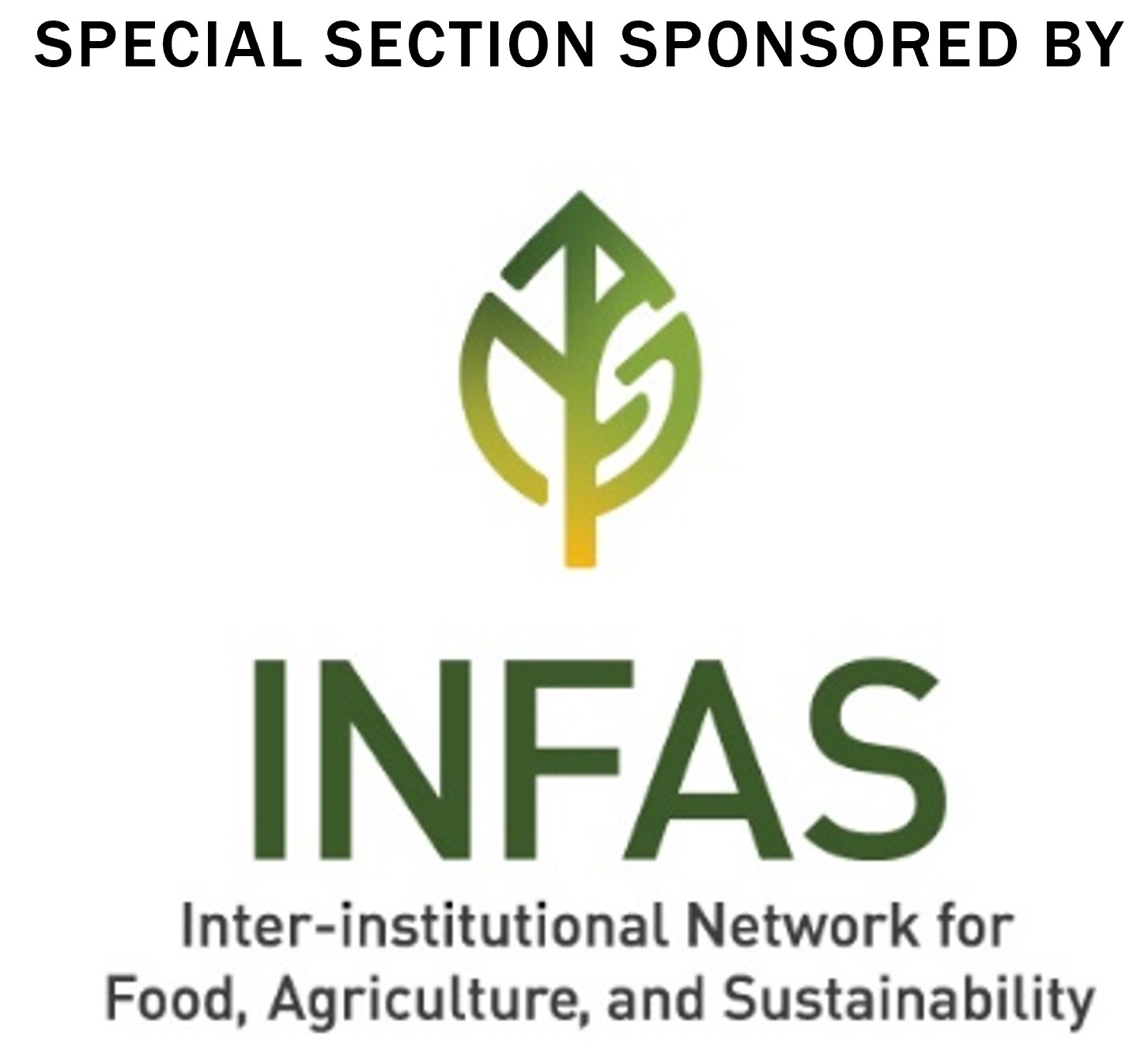From food access to food sovereignty
Striving to meet university student needs
DOI:
https://doi.org/10.5304/jafscd.2023.122.020
Keywords:
Food Insecurity, Food Justice, Food Sovereignty, Higher Education, Campus Farm, Food Pantries, Neoliberalism, Washington State, United States, Qualitative ResearchAbstract
The ongoing neoliberalization of higher education has meant that college and university students at state institutions face declining state support for their education, increasing debt, precarious post-graduation job opportunities, and a dominant cultural emphasis on personal responsibility rather than collective care. These neoliberal conditions exacerbate structural inequities (along various axes, including race, economic status, disability, etc.) within student populations. This paper explores two aspects of inequity in food insecurity among students: specific challenges and inequities students face by virtue of their position as college students, and intersectional inequities faced by some students by virtue of other identities to which they belong. This paper presents findings from two research efforts at Western Washington University, a public university in the USA Pacific Northwest. First, we share findings from a 2018 qualitative, interview-based study of food-insecure students on the campus. We then draw from our experiences as practitioners and present critical reflections on our own campus food security efforts, differentiating between those that address food security (access), food justice, and food sovereignty. Our findings from the qualitative study suggest that students feel a sense of personal responsibility for their food insecurity, and that food-insecure students both rely on social networks for support and feel stigmatized by their food insecurity. Our critical reflections on campus programs reveal that most of the traditional food security efforts (e.g. emergency aid, food pantries) neglect to either effectively support BIPOC students and others most affected by food insecurity, or provide a sustained community-support mechanism for food-insecure students in general. We position food sovereignty-oriented programs as a way forward in addressing the intersectional inequities faced by students, and also in bolstering communities of support.
Metrics

Downloads
Published
How to Cite
Issue
Section
License
Copyright (c) 2023 Kate J. Darby, Lena Hemmer, Renee Holt, Terri Kempton, Melanie del Rosario, Jon Stubblefield, Grey Webster

This work is licensed under a Creative Commons Attribution 4.0 International License.
The copyright to all content published in JAFSCD belongs to the author(s). It is licensed as CC BY 4.0. This license determines how you may reprint, copy, distribute, or otherwise share JAFSCD content.












